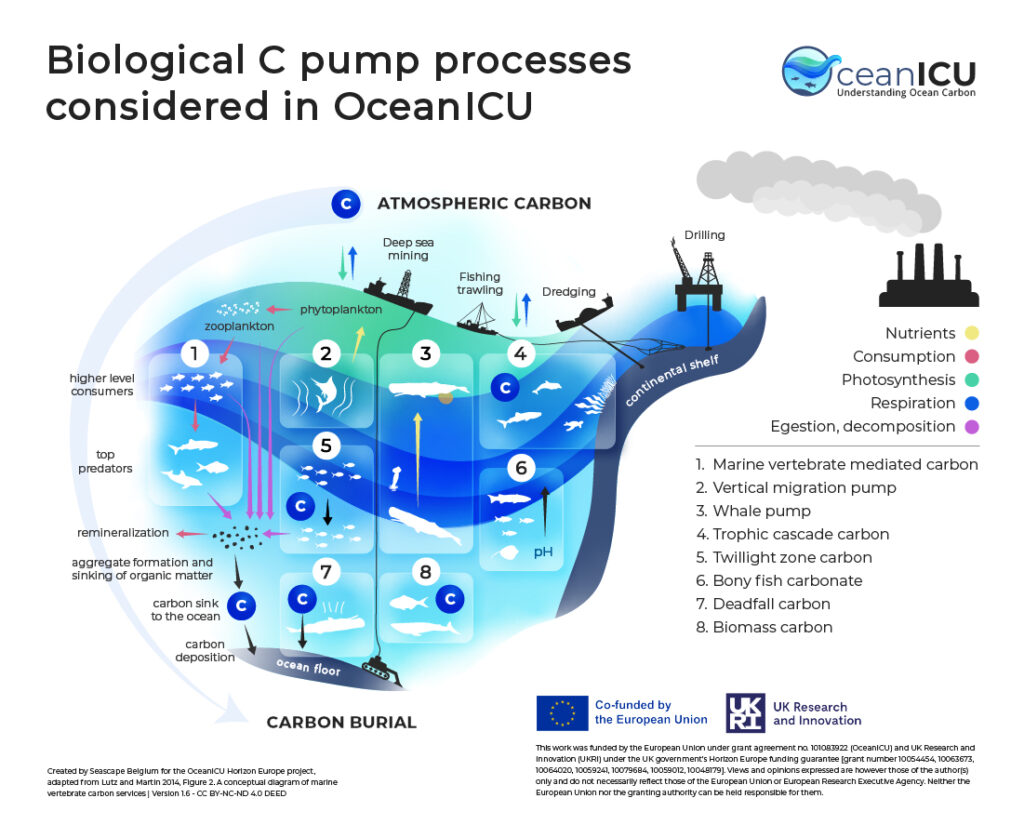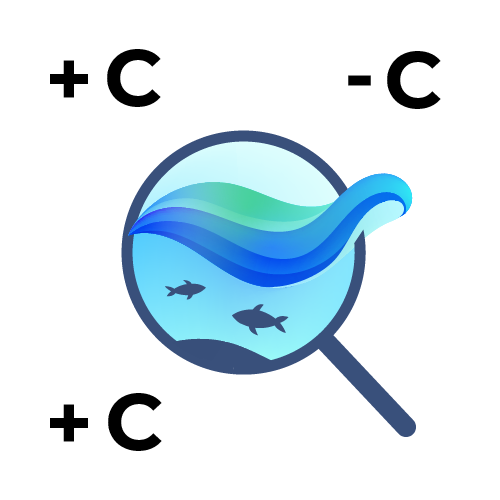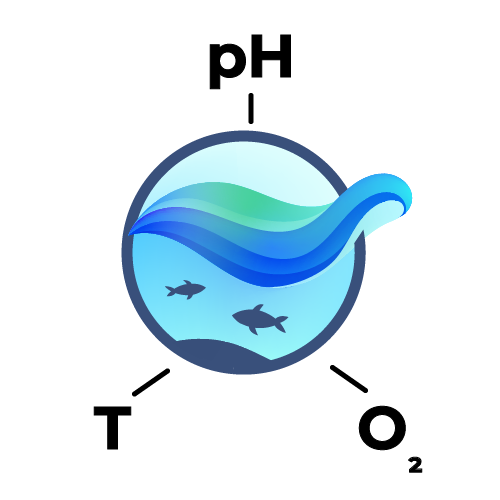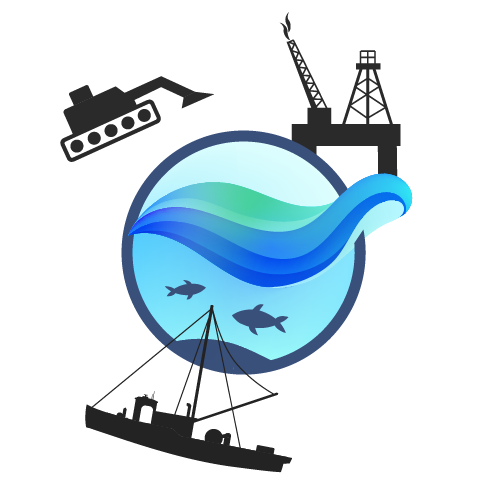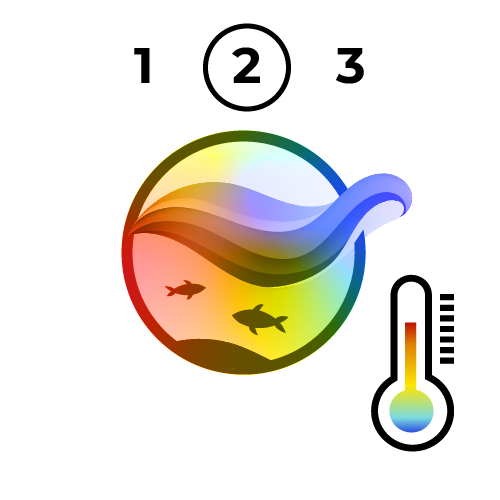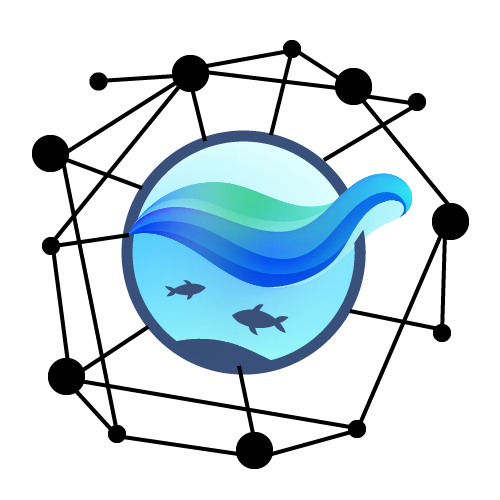Collaborate and develop a deep understanding
to better affect policy
What OceanICU can do for you.
OceanICU is connecting with decision makers to assess the current trajectories in International policy, with a focus on how these policies might affect the Biological Carbon Pump and to effectively disseminate the knowledge and understanding gained from the project’s research and activities to the European and International community of policy and decision makers.
With the data and decision support tools (DSTs) developed through OceanICU, decision makers will have more effective tools to inform mitigation actions and influence business strategies benefiting from Marine Climate and extraction services, ultimately guiding International policy to better protect the BCP and achieve the EU Green Deal target of being carbon neutral by 2050.
If you are a policy maker and interested in participating in the OceanICU dialogue, please sign up here to learn more.
Design Support Tools (DTS’s) are software applications that encapsulate repetitive computational tasks informed by Data Science, the results of which are displayed in a graphical format and present simulated outcomes based on various parameters. They are commonly used in business, science and industry to help subject matter experts and managers inform their decisions. For information on how the OceanICU team seeks to develop customised DST’s to address the project’s objectives, please see the Work Package 7 work plan and subscribe to our newsletter for future updates.
 Overall structure of OceanICU. WP1 will manage the project. WP2 will establish the current state of the Ocean C cycle, WP3,4,5 will assess, in conjunction with WP6, the importance of biological and industrial processes in controlling the ocean C cycle. WP 7 will create DSTs based on climate and scenarios developed in WP8.
Overall structure of OceanICU. WP1 will manage the project. WP2 will establish the current state of the Ocean C cycle, WP3,4,5 will assess, in conjunction with WP6, the importance of biological and industrial processes in controlling the ocean C cycle. WP 7 will create DSTs based on climate and scenarios developed in WP8.
OceanICU is organised into eight focused work packages
Biological C pump processes considered in OceanICU
OceanICU will improve our understanding of the Ocean C Cycle. The Ocean carbon cycle plays a crucial role in regulating the global climate, taking up approximately 25% of the CO₂ emitted into the atmosphere and separately storing massive quantities of carbon in the Ocean interior, much of it via a series of processes known as the biological carbon pump.
Recent work suggests a much higher level of complexity in the biological carbon pump functioning than previously thought, including important roles for higher trophic level organisms and a broad range of fish associated processes. Looking to the future, humanity will become increasingly reliant on the Ocean for resources via fishing (protein), mining (trace metals) and energy extraction (wind). The European Green Deal demands that we develop ways to undertake these resource extraction activities in a climate neutral way. The consequences of these resource extraction activities (e.g. biomass removal via fishing or suspended sediment generation via industrial processes) disproportionately impact the higher Trophic levels, which are crucially important in the global carbon cycle but poorly understood. The project results will help Science fill these important knowledge gaps.
